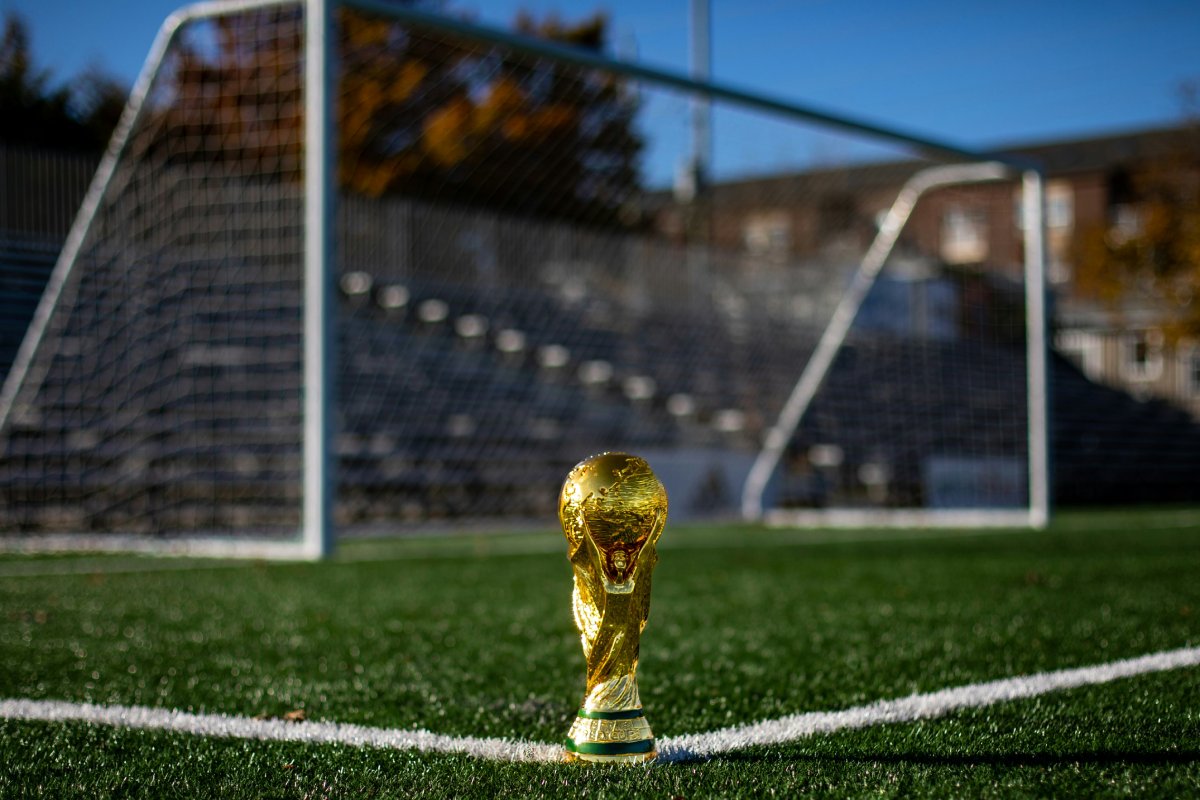Skift Take
— Dawit Habtemariam
Everyone at the IPW travel trade show in Los Angeles was banking on doing big business for the 2026 FIFA World Cup, but several tour operators told us much of it would be coming from corporations and large groups.
“What happened is the World Cup became a corporate event,” said Oswaldo Freitas, CEO of tour operator Easy Time Travel. “It’s not a public event anymore.”
“It’s big corporations that are buying up the ticket blocks and giving them to their clients and customers,” said Lena Ross, chief operating officer of America 4 You, an outdoor adventure specialist, and current chairwoman of the International Inbound Travel Association.
FIFA tournaments have become too expensive for individual travelers to afford. “Because of the rate, the cost of the hospitality [package] tickets is so high that a regular customer cannot afford that,” said Freitas.
Business will come from big corporations that reward their high-performing employees with tickets, which go on sale in 2025.
That’s okay for tour operators specialized in serving corporate groups. But the trend is a problem if you’re an operator who doesn’t.
“Big corporations like the sponsors — for example, Panasonic or Honda or Coca-Cola — they do incentives in their markets, for example in Brazil, and then they hire us to organize a trip for them,” said Freitas.
Some tour operators may experience financial pressure during the World Cup as their costs increase and profits drop for non-sports tours and packages.
Global events can cause a tour operator’s local partners to raise their prices. For example, as Paris prepares to host the 2024 Olympics, tour guides, hotels, and attractions have started charging visitors more.
Destinations May Face Travel Inflation
The World Cup could crowd out tourists in many U.S. destinations. In the U.S., the tournament will take place over nearly 40 days in the summer in 11 cities, including New York, Los Angeles, and Philadelphia.
“I think the biggest thing that it means for us is there are gonna be cities and areas that we’re gonna have a lot of trouble putting our normal clients into that aren’t interested in the World Cup,” said Ross.
A major concern is the hotels may price out tourists.
“The only concern I have about the World Cup is that hoteliers in those cities don’t think that they need to still be conscious of the fact that there will be other types of travelers that want to come and visit,” said Nick Hentschel, chief operating officer of AmericanTours International.
Photo Credit: My Profit Tutor on Unsplash









